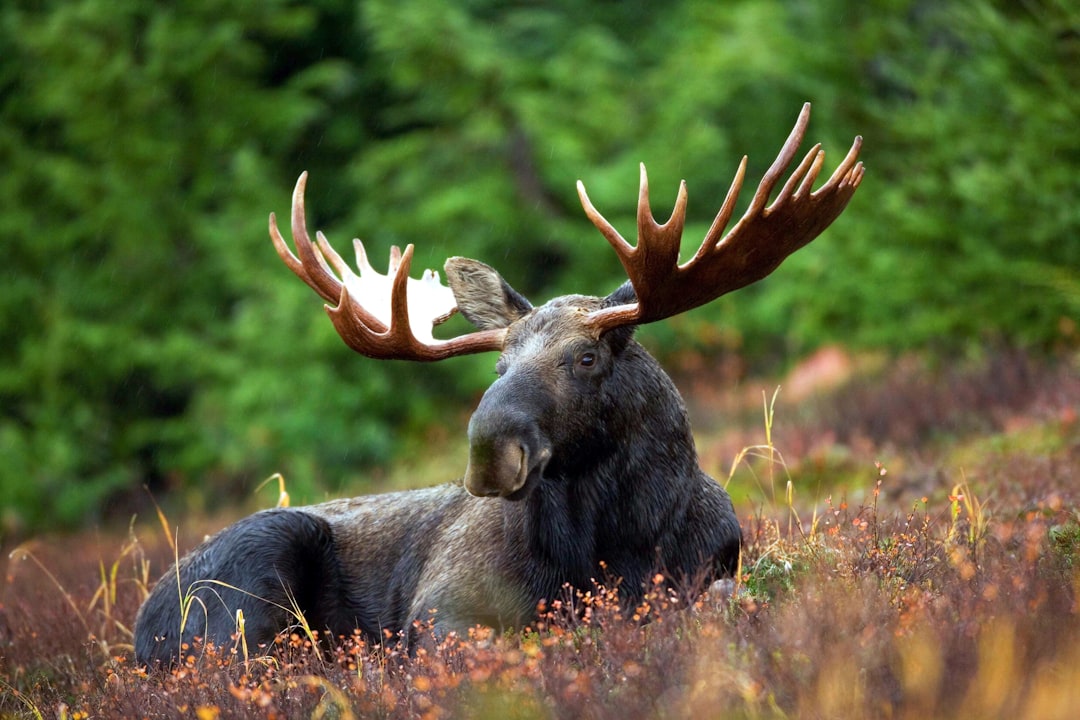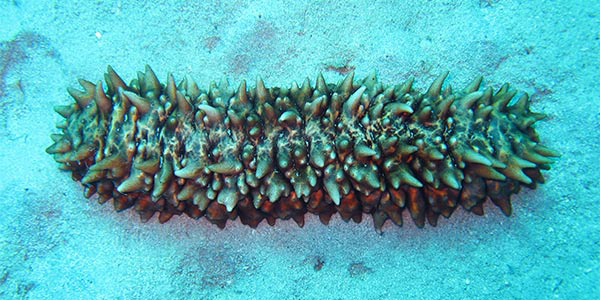The sea cucumber is one of the most interesting animals in the world. By the looks of it, it looks like a cucumber, but it is found in the sea, so it makes sense to name this salt water invertebrate a sea cucumber.
According to National Geographic, there are currently 1,250 known species of sea cucumber that are commonly found in many types of marine environments, from shallow water to deep sea. Even though they look smooth like a cucumber, they can also look very spiky and long. Ten of those species are bioluminescent, which means they can produce their own light.
The sea cucumber comes in many varieties from different colors, and different sizes and lengths. They are commonly red, orange, yellow, white, blue, or even patterned. Plus they can grow up to 0.75 inches to 10 feet long.
Since they are considered omnivores, their diet consists of small animals such as algae, plankton, aquatic vertebrates, and waste particles. They eat with their tentacles that surround their mouths to catch their prey.
Even though they don’t have a brain, they are known for being clever and smart when it comes to moving through the ocean currents and defending against their predator. One of their defensive mechanisms is by expelling thick threads of fecal matter that act as glue (Which appear to be white) to tangle up their predator.
But that’s not the only way they defend themself. According to the National Wildlife Federation, sea cucumbers can also expose skeletal hook-like structures that make them harder for predators to eat or prey on. In addition, some deep sea Sea cucumbers use their excretion of fecal matter to launch themselves through the water to avoid being eaten by other predators or get from one place to another faster.
A environmental benefit that sea cucumbers provide is that they clean up the sand by eating the sediments. Since they eat plankton, they are also helping by filtering out the ocean to make it sustainable for other organisms to live in.
Even though they may seem disgusting to eat, some species of sea cucumber can be edible, and are considered to be a delicacy in China and other Asian countries. Unfortunately, other species of sea cucumber are poisonous and can kill you.
Sources: National Geographic (www.nationalgeographic.com); National Wildlife Federation (www.nfg.org)


















